by Dafyd Martindale
The South Burnett Regional Council recently changed its Community Grants Policy.
All the Council’s policies get reviewed from time to time to ensure they’re still doing the job they were intended to do, and this one was probably due for a re-examination.
During the six to eight years the old policy had been running, a couple of grant programs had expanded to 11 that – all up – were providing between $400,000 and $600,000 a year to our region’s not-for-profit groups.
Personally, I’m not opposed to our Council using roughly 1 per cent of its annual Budget to support our region’s hard-working volunteers.
They perform invaluable services for our communities and make great contributions to the social fabric of our lives, even if many of us aren’t aware of it or don’t take advantage of the programs, events or services these groups provide.
In tough times such as droughts and floods – and we have a lot of both in the South Burnett – it is our community groups that hold us together and keep us strong.
Furthermore, they also save our Council (ie us, the ratepayers) an enormous amount of money.
The value of the time that our volunteers contribute to our communities is many, many times the amount of money that’s passed to them.
Put simply, if we had to pay people to do what these groups do, we’d have to find 10 to 20 times the funding Council gives them right now.
So I have some real issues with the new policy the Council will bring into effect from July 1:
First of all, in trying to simplify all the different grants programs it offers, Council is laying the foundations for a paperwork nightmare.
Until now, Council had a group of 70 or 80 not-for-profit organisations that received an annual allocation of funding without the need for them to apply.
A lot of this funding was to help these groups cover their insurance or other basic running costs.
And some of it – for a few bigger events – was a contribution (usually in cash and kind) to help popular annual events get staged each year.
Handing out cheques in person to representatives from these groups at an annual presentation night was quick, clean, simple and fast.
Everyone liked the system, and it seemed to work in a trouble-free way for years.
But now every one of these 70 or 80 groups will have to fill out an exhaustive application form every year and submit it into a competitive environment where that funding will no longer be guaranteed.
This imposes a paperwork burden on at least 80 people they didn’t have before, some of whom may not have the skills to carry it out successfully, and it does so in an environment where many not-for-profit groups are already struggling to fill all their executive positions.
It also imposes stress and uncertainty on all the members of these groups, who will no longer be able to draw up their budgets with confidence that essential funding they need to operate will be there when they need it.
On the flip side of the coin, it also imposes a burden on whatever unfortunate Councillors are chosen to sit on Council’s grant assessment committee.
They will now have to wade through seemingly endless reams of grant applications every year. And because of the way the new system operates, from time to time they will also have to take out their knives and stab a few luckless but good-hearted groups in the back for good measure.
The situation is even worse when we turn to bigger events.
In order to be classed as a Regionally Significant Event (where event organisers will receive $10,000 the first year, $7500 the second year, $5000 the third year and nothing thereafter), organisations will need to provide a three-year business plan with their application.
Putting aside the point that a three-year business plan of any substance requires a mountain of research to put together and an equally long time to digest at the other end, how can any completely new event be expected to do this when they have no real idea what numbers will come through the gate on their big day?
The acid test of any event is how many people are willing to attend – especially if there’s an entrance fee, or stall fees – so trying to develop any truly sensible plan will require at least one real-life outing to draw out these numbers.
So is it the case our Council won’t fund any event until a group puts one on first using its own resources to draw out those real numbers?
Or is Council instead encouraging our community groups to fabricate starry-eyed projections in the absence of being able to get any hard numbers at all?
Either way, I can see nothing but a lot of time – and quite possibly, a bucket load of money – disappearing down a black hole on this one.
The third issue I have with the new Community Grants Program policy – and it’s the biggest of all – is that, at heart, it’s just plain mean.
And it’s desperately short-sighted, too.
In fairness, Council has been concerned for the past few years that the amount of grants it hands out has grown substantially, and that some groups who’ve been receiving them either don’t need them at all now, or don’t need as much as they’ve been getting.
Without pointing the finger anywhere in particular, there is some substance to this.
A very small number of organisations get grants and concessions from Council they really don’t need any more because they’ve reached the point where they can stand on their own two feet and fund everything they want to do from their own resources.
But rather than just be up-front with these organisations, Council is going to do two sneaky things:
First, it’s going to make all our community groups compete for funding – with all the paperwork, stress and uncertainty that entails – because it lacks the courage to confront the small number of groups that have grown beyond the need for Council assistance.
And second, rather than fix the amount of grants it’s going to distribute each year, Council is going to set some arbitrary figure every Budget. Or in other words, instead of being a key plank of what our Council does, community grants will now be restricted to whatever Council has left over after it’s covered everything else – an afterthought that mops up the loose change.
Frankly, 1 per cent of Council’s annual Budget will not make much of a difference to anything.
Half a million dollars will seal roughly half a kilometre of road, or build a modest car park.
And the $100,000 to $200,000 the Council may be hoping to shave off its grants programs would pay for even less.
But if this parsimony causes half a dozen of our big annual events to wink out of existence, and two or three dozen community groups to fold up their tents and disappear into the night because no one wants to be secretary any more, what will that wind up costing us?
In the long run, I think it will be much, much more.
- Related article: Council Consolidates Grants Programs














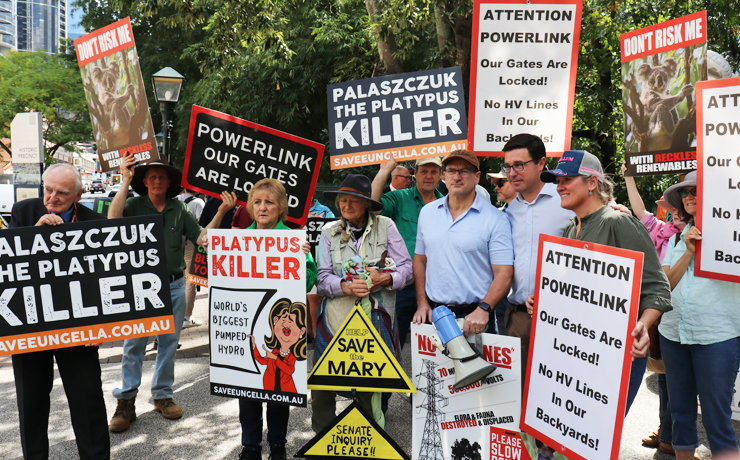
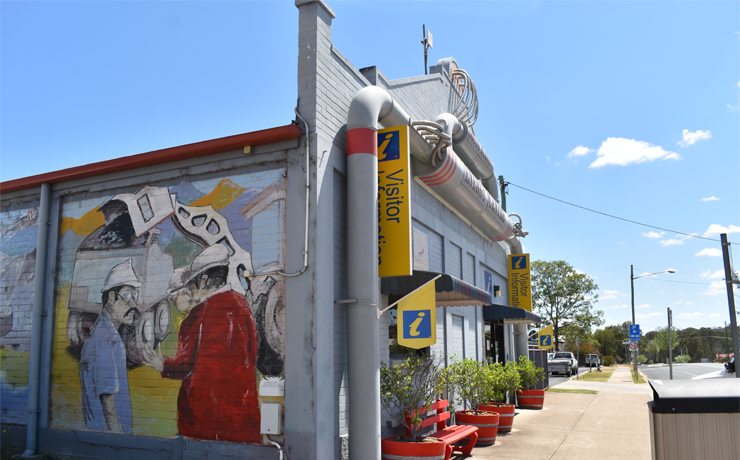




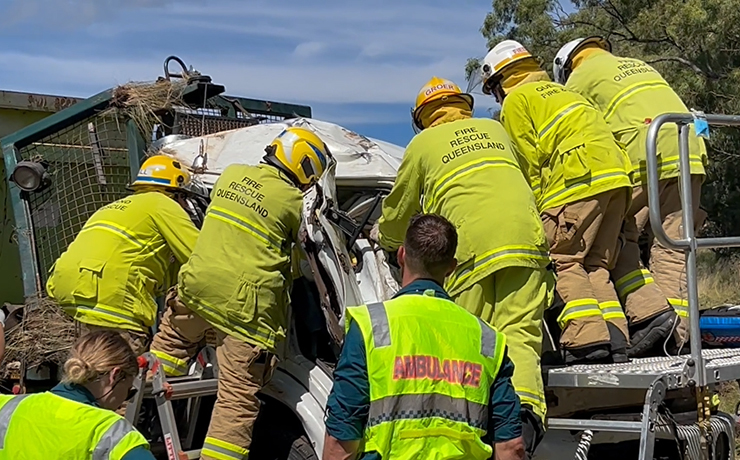

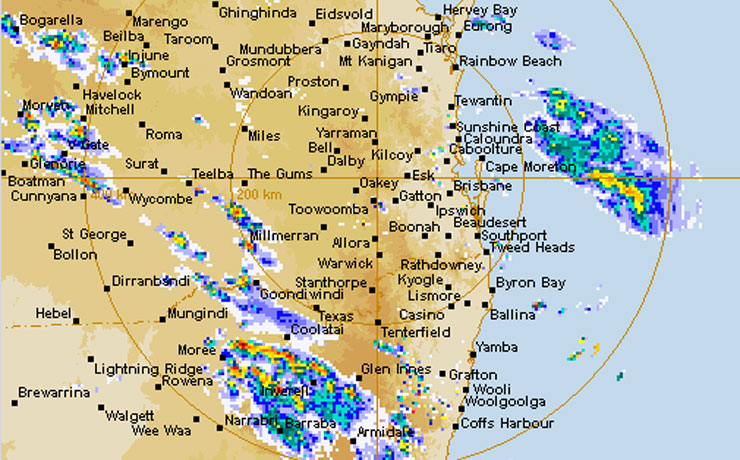
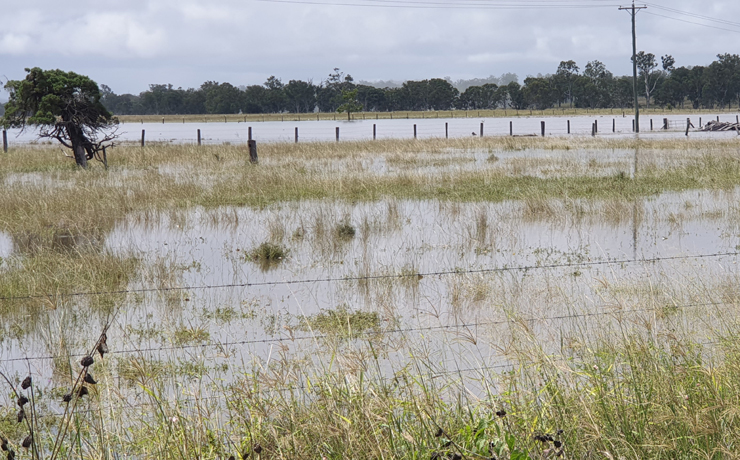

Insightful and correct. Deep in the heart of what is LNP territory where they claim to be dispensing of red tape, reams are being created! They will give Sello a run for their money soon. Exhausting. Don’t even get me started on 457. Government at all levels seems keen to make things more difficult for everyone that has been doing more than their fair share of the workload. Definitely a case of when you do your job you get given the slackers’ jobs too. I think this editorial was far too fair and kind.
Very well written and though-out editorial that gets to the crux of the problem with this change. Many organisations already find it extremely difficult and time-consuming to apply for grants. The new requirements will be a nightmare for all involved – those groups applying for funding, and whoever is charged with assessing the applications and approving them. It could be the difference between some groups being able to continue their work and some new events not getting off the ground at all. I urge Council to rethink this policy. It is difficult enough to attract volunteers as it is, and the extra time and knowledge needed to put together things as complex as business plans will be overwhelming for those behind events which need funding – and may put off new volunteers from making things happen. Our region would not be the same without the community organisations which help others, and the events which locals enjoy and which attract visitors to the South Burnett.